SEARCULAR to develop circular fishing gear and port solutions to reduce marine plastic pollution and support responsible fisheries
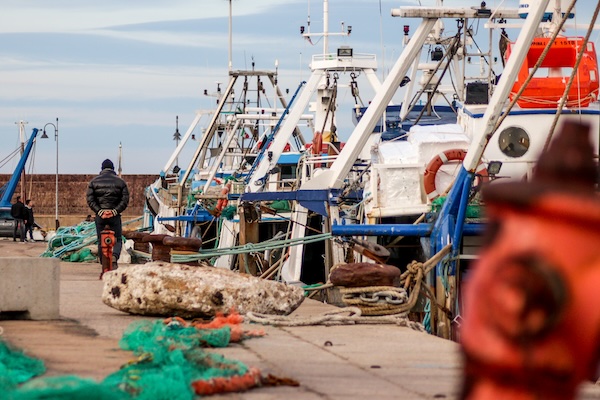
A new project led by Spain’s AZTI research institute is working to tackle marine plastic pollution with circular fishing gear and port solutions. By combining expertise from 13 European industry specialists and research organizations, the EU-funded SEARCULAR project aims to develop innovative fishing gear to reduce marine litter and microplastics generated by Europe’s fishing industry. If scaled up, these solutions could prevent thousands of tons of plastic waste from entering the ocean annually, supporting both sustainable fisheries and healthier marine ecosystems.
“SEARCULAR’s solutions will facilitate the reduction of the fishing industry’s contribution to marine litter and microplastics by enabling the implementation of innovative, circular approaches to gear production, use and end-of-life management,” said AZTI’s Oihane C. Basurko, the SEARCULAR project coordinator. “Working with industry partners and stakeholders is a key element to this and will ensure the project delivers practical solutions that work for the marine environment, and fishers across Europe.”
This three-year project aims to test sustainable solutions for fishing gear, including developing eco-friendly materials, end-of-life strategies and port-based measures to reduce plastic pollution. If successful, these initiatives could extend gear lifespan, prevent significant plastic waste and create new material streams, fostering a circular economy in fishing.
The hidden cost of ghost gear lost by fishing and aquaculture
The project will trial solutions tailored to different fisheries, net types and gear life cycles. For example, repurposed purse seine nets from tropical tuna fisheries are being used to create durable dolly ropes for trawl nets, reducing plastic pollution by improving gear longevity. SEARCULAR is also developing bio-seine ropes that are three times more abrasion-resistant and biodegradable, and testing biodegradable Fish Aggregating Devices (FADs) to prevent plastic accumulation in marine environments.
Onshore, SEARCULAR is working on solutions to improve the sustainable management of fishing gear at ports. Despite EU regulations, much of the collected gear still ends up in landfill or incinerators due to sorting and logistics challenges. To address this, SEARCULAR is trialing a replicable Blue Point system for gear collection, sorting and conditioning, which will include guidelines for material recirculation.
Fishers, gear manufacturers and researchers are working together to develop innovative materials that withstand fishing’s demanding conditions and implement end-of-life solutions for old gear.
“Clean seas and healthy marine environments are crucial to our livelihoods at sea, as fishermen,” said Rune Sand, skipper of the Fortuna vessel. “It is of great importance to us as fishers that we are able to switch to biodegradable seine ropes and help decrease the microplastics released from conventional ropes. Fishers have unique knowledge to contribute, which is why we are working closely with SEARCULAR to develop practical solutions that we can adopt onboard.”
Now that you've reached the end of the article ...
… please consider supporting GSA’s mission to advance responsible seafood practices through education, advocacy and third-party assurances. The Advocate aims to document the evolution of responsible seafood practices and share the expansive knowledge of our vast network of contributors.
By becoming a Global Seafood Alliance member, you’re ensuring that all of the pre-competitive work we do through member benefits, resources and events can continue. Individual membership costs just $50 a year.
Not a GSA member? Join us.
Author
Related Posts
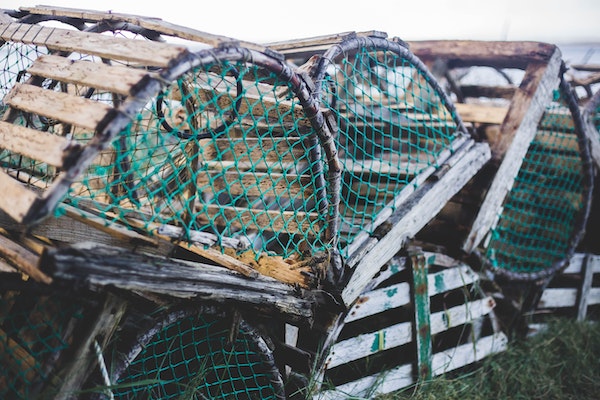
Responsibility
Study: Southwest Nova Scotia waters ‘littered’ with ghost fishing gear
Scientists hauled in almost 55,000 pounds of ghost fishing gear from the seafloor – an estimated economic loss of $240,000 yearly.
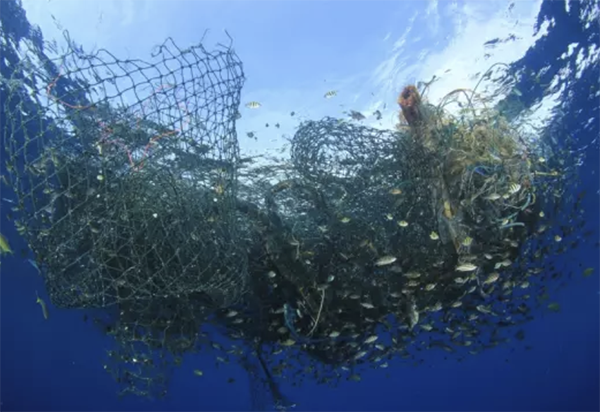
Fisheries
Can using biodegradable fishing gear help reduce the cost of ghost fishing?
Biodegradable fishing gear must improve to help address the environmental and economic impacts of ghost fishing, a new study concludes.
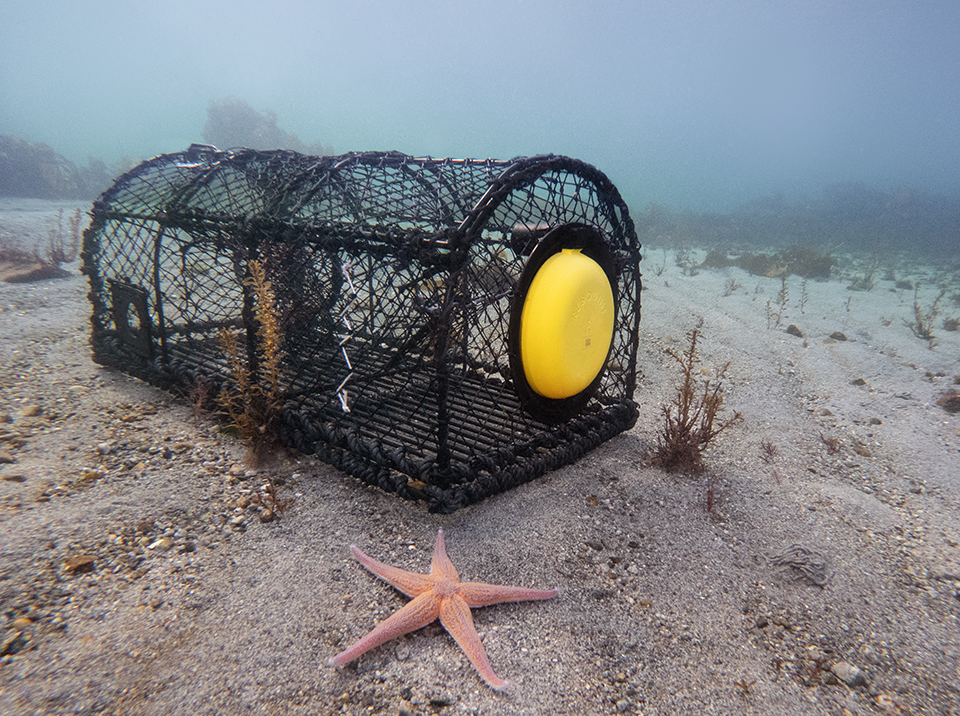
Fisheries
From reporting apps to floating traps: How technology tackles ghost fishing
The global ghost fishing problem has negative environmental and economic impacts, but new technology could help locate and retrieve lost fishing gear.
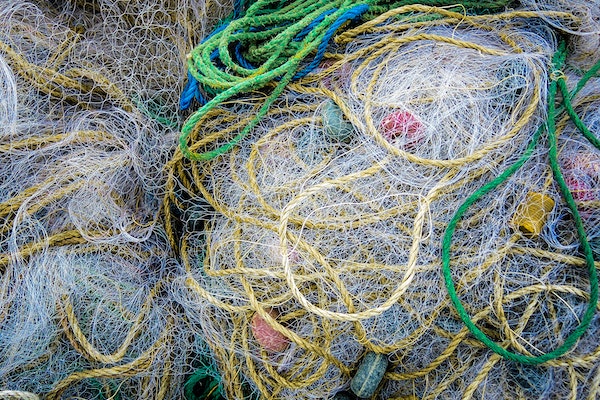
Responsibility
Can marine plastic from fisheries and aquaculture be upcycled into new things?
A SINTEF project is investigating how marine plastic used in fisheries and aquaculture can be turned into new products.



